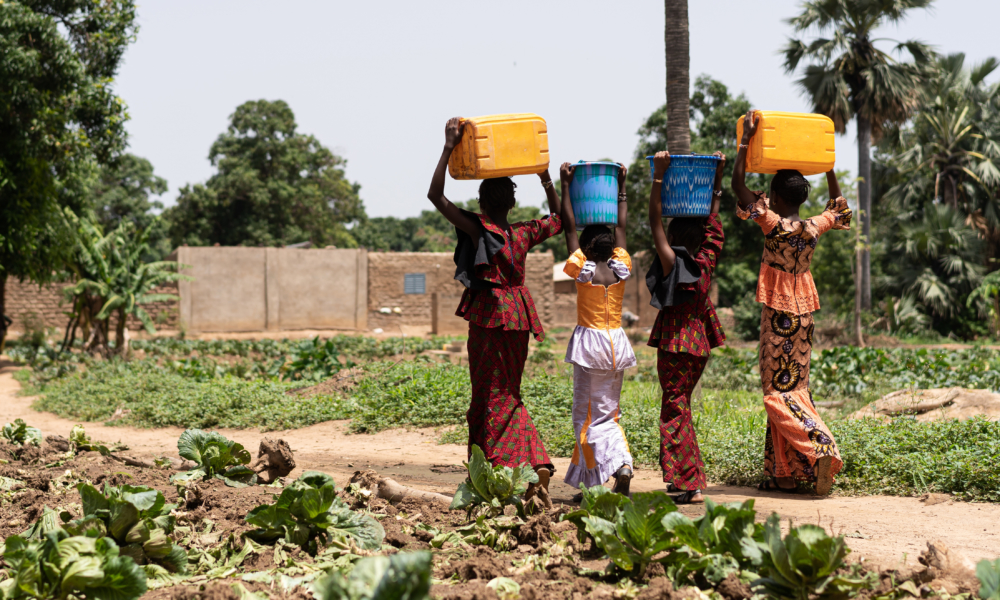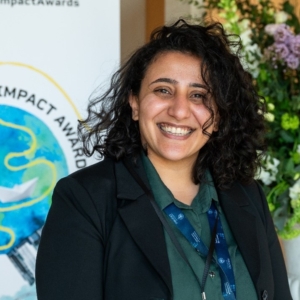How can we prevent childhood sexual abuse in climate disasters?
This Sprint runs from September 2025-July 2026.
More Sprints
- Environment and National Security: Exploring Policy ‘Demand Signals’ and the Science Response
- How can action on deforestation strengthen the UK’s food system security and resilience?
- How can the UK improve flood resilience in the Thames Estuary?

This Sprint investigates a critical and under-recognised consequence of climate change: the increased risk of childhood sexual abuse during and after climate emergencies across Eastern and Southern Africa. Led by Professor Lucie Cluver (University of Oxford, Department of Social Policy & Intervention), with co-leads Associate Professor Neil Hart (School of Geography & the Environment) and Associate Professor Seth Flaxman (Computer Science), the project brings together an interdisciplinary team of social scientists, climate scientists, and data scientists.
Working in collaboration with the Alliance for Child Protection in Humanitarian Action, the International Federation of the Red Cross, World Vision International and the University of Cape Town, the Sprint will provide urgently needed evidence on how drought and extreme heat affect risks of sexual violence against children and adolescents.
The team will combine climate and child protection data, using advanced computational methods, to generate new insights for real world policy impact. The team is committed to working with policy partners to co-produce accessible materials designed for direct use by humanitarian agencies and governments across Africa.
Why this Sprint? Why now?
Across Sub-Saharan Africa, extreme heat and recurrent drought are becoming more frequent. These conditions are associated with increased poverty, food insecurity, caregiver loss, and school closures – all known risk factors for violence against children. Already, one in five girls in the region experience sexual violence before age 18, with lifelong health, educational, and economic consequences. Yet there is almost no quantitative research examining the linkages between climate emergencies and child sexual abuse. This leaves governments and international agencies without the knowledge and tools required to prevent avoidable harm.
The Sprint addresses this evidence gap at a critical moment, as the climate crisis escalates and humanitarian actors seek new ways to anticipate and reduce its impacts. By generating clear, actionable evidence in collaboration with international partners, the project aims to ensure that climate resilience efforts centre the need to protect children from sexual violence. Meaningful impact will ensure we can contribute to a safer, more just, and more sustainable future.






















